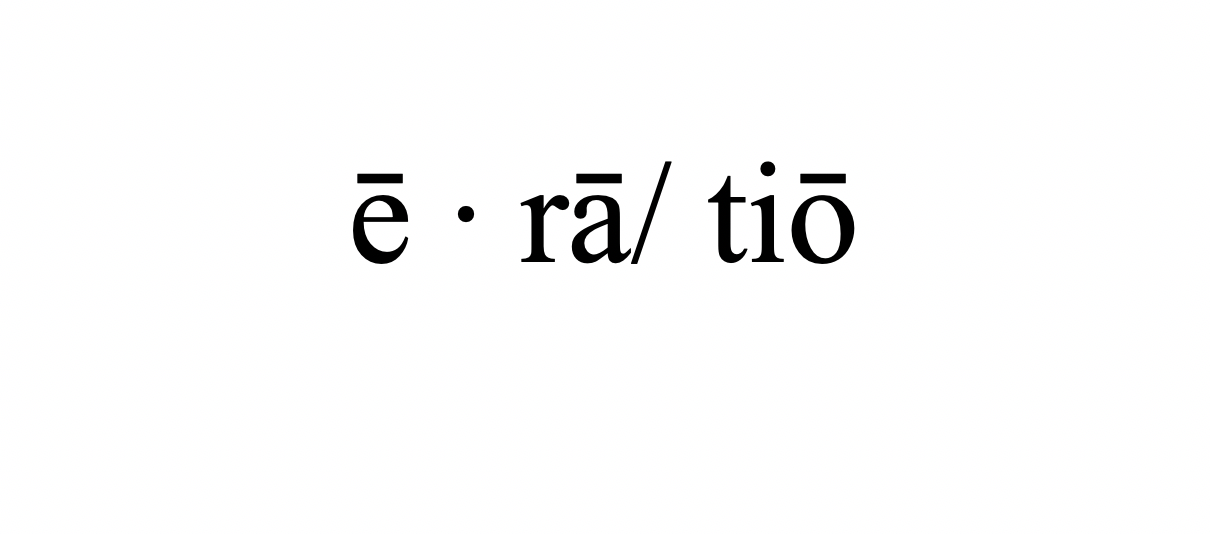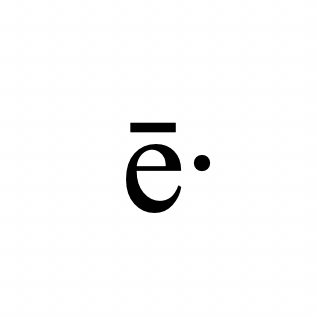From a Revived Itinerary: Giraldus of Wales
David Annwn and John Goodby
As we approached the River Neath
& against the judicous advice of our guide
Morgan ap Caradog ap Iestyn
et timor addidit alas / since terror
gave us wings (Virgil) we rushed
dithery panicky across quicksands
when we should have proceeded care
fully & the one pack-horse belonging
to the writer of these lines
was almost sucked down into the abyss /
quasi in abyssum descendit
& was only extricated with great trouble
by the efforts of our servants
who risked their lives in doing so
& not without some damage
inflicted on his books & baggage
+ + +
In this bedraggled fashion
we entered the province
called Gower
& spent the night in the castle at Swansea,
called in Welsh Abertawe
+ + +
2 monks were waiting on the Archbishop & one made a joke:
—‘It’s a hard country, this.’
—‘Not at all. Yesterday we found it far too soft.’
Somewhat before our time
an odd thing an odd thing
happened
hap ened in these parts
i th s art
The priest Elidyr
A L W A Y S
lways
maintained that it
was he
who was
the
person concerned
Elidyr the priest was just twelve years old,
learning to
read
he ran away from his strict master, hiding by the river bank for two days without food or shelter. Then two small men appeared and said that if he followed them
at first subterraneous and dark
absence of moon and stars
horses and greyhounds adapted to their size
lived on milk diet
made up into messes with saffron
returned from our upper hemisphere
no form of public worship
strict lovers and reverers
boy frequently returned
stole a golden ball
his foot stumbled on the threshold
returned by usual track
the subterraneous road
found no appearance
years passed he became an old man
David II, Bishop of St David’s questioned him
he could never
relate
the particulars without
shedding tears
he had made himself acquainted
still remembered language
of little folk
when wanted water they said: ‘ydor ydorum’, in Latin
‘aquam offer’
‘ydor’ was word for water, like Greek υδωρ. In Welsh
the word for water is ‘dwfr’
when wanted salt, they said ‘halgein ydorum’
which means ‘salem affer’. Salt is ‘αλς’ in Greek
and ‘halen’ in Welsh. The Britons stayed a long time
in Greece after the fall of Troy
the early Welsh language is similar
to Greek
it is rem
arkable so many lang
uages corr
espond in one w
ord
‘ydor ydorum’
tears
Careful
reader, you should ask me
if I think this story
really true
‘miracles sent by heaven
are there to be wondered
at, not argued’
if I reject
I place a limit
on God’s power
never do
if I say believe it
audacity
to move
beyond the
bounds
of
credibility
David Annwn’s most recent book of poetry is Resonance Field (2021) and his work features in The Edge of Necessary, Welsh Innovative Poetry and Blackbox Manifold 25 (2021). His poetry collaborations with master-calligrapher Thomas Ingmire were the subject of an exhibition at California Book Club, San Francisco in 2016 and in 2023, Thomas has produced a one-of-a-kind book of Annwn’s poetry, from Annwn’s Bela Fawr’s Cabaret. He has read at Caffe Trieste with Jack Hirschman and Sonoma Valley Museum of Art and has delivered filmed readings at the Hepworth Gallery, Yorkshire UK and in settings throughout Europe. His poetry is featured in fifteen films by San Francisco film-maker Howard Munson, including DADA 2023. He is a recipient of a Cardiff International Poetry Award. He is also an authority on Gothic cinema, visual culture and magic lanterns and his most recent title, Vampires of the Silent Screen: Cinema’s First Age of Vampires 1897-1922, will be published later this year.
John Goodby is the international authority on the work of Dylan Thomas and the author of Irish poetry since 1950: From stillness into history (MUP, 2000), The Poetry of Dylan Thomas: Under the Spelling Wall (LUP, 2013), and Discovering Dylan Thomas (UWP, 2017); he also edited the New Casebook title on Dylan Thomas (with Chris Wiggington) (Palgrave, 2001), the centenary edition of the Collected Poems of Dylan Thomas (2014) and the Fifth Notebook of Dylan Thomas (with Adrian Osbourne) (2020). His poetry collections include Illenium (Shearsman, 2010), The No Breath (Red Ceilings, 2017), The Ars (Red Ceilings 2020) and So Rise (Red Ceilings 2023). He has published translations of Pasolini, Heine, Reverdy, Emmy Hennings (with David Annwn) and the Algerian poet, Soleiman Adel Guemar (with Tom Cheesman). He is also a collage artist and his work, ‘Imperfect Harm’ will appear in ‘Maintenant 17: A Journal of Contemporary Writing and Art’.

